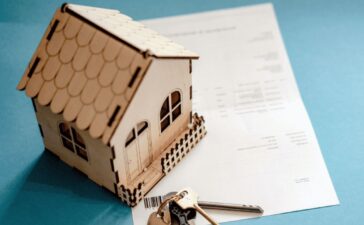Purchasing land and housing costs a leg and an arm nowadays, so it’s no wonder if we’d want to do things ourselves as much as possible to cut down on costs. Here are 7 DIY tips for building your home for beginners.
Don’t be afraid to ask for help:-
You can build your own home, but you can also ask for some helping hands. It’s always smart to ask for the assistance of a professional who can help you with ensuring that your house is sturdy and safe. Investing in contractors and engineers can save you a lot of money in the long run.
Obtain necessary permits:-
Do this as early as possible. Getting this over with at the beginning will avoid inconveniences in the home building process. Along with that, these permits allow you to feel complacent that your house is safe. After building your house, obtain the permits you need such as fire safety inspection so that none of your money will end up in the funds to rebuild a damaged home in the future.
Have a clear plan:-
You must know exactly what you want for your home. By doing this, you avoid making changes in the middle of building your home that will cost you money. For example, you might want the flooring to be wooden instead of another material you already used, and so you end up wasting your cash on that.
Have a budget:-
Have your budget and work within it. This is quite possibly the safest way to save money, since you know that you aren’t overspending and are utilizing your means. Don’t splurge too much on things you don’t need, and prioritize the basic needs of building a home.
Use cost-efficient building materials:-
You can save up on your equipment by budgeting, as well. Don’t spend too much on specific materials to the point that you compromise your spending on others. However, don’t ever opt for less durable items as this will leave you with an eventually damaged house.
Energy efficiency is the way to go:-
Investing on eco-friendly home appliances and even solar panels will help you for a long time. Although these mean shelling out a large sum of money to purchase them, they’re usually energy-efficient, meaning they don’t use much electricity to work. Solar panels are expensive but generate a lot of electricity that is effective for the long term.
Plan ahead:-
All the money you spend should be for your home and the comfort and safety it will provide you and your family. If applicable, plan the building of your home while considering any children or pets. Plan for power and water outages as well. Investing now will always save you the time, effort, and money that you will have to spend for emergencies in the future.
Yes, it’s possible! Although it might be a bit difficult to do it all on your own, it’s possible to build your home yourself, with you holding the reigns, your plan being followed, and making sure every penny you spend is for good.







